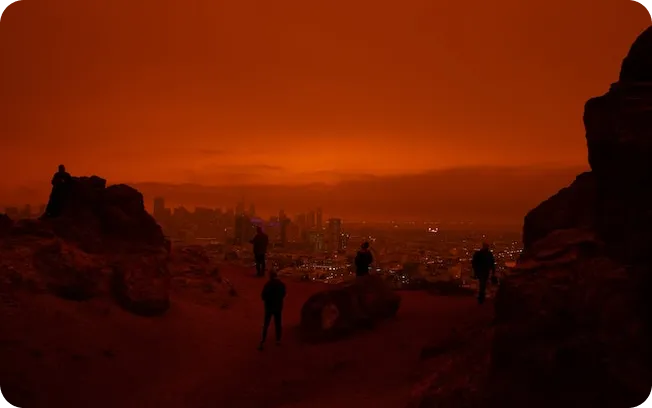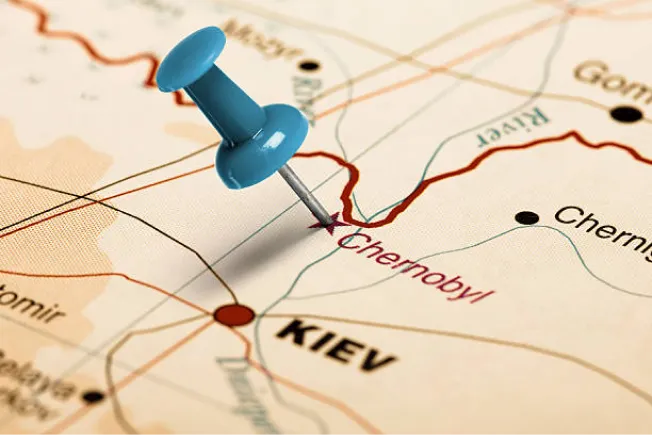
From discovery to discovery: the benefits of science
Science has always been at the centre of our daily lives. Today's world is one of ...see more
Reading time : 3 min

Science has always been at the centre of our daily lives. Whether we are in the metro or in our car, eating or sleeping. Science, at various levels, has made possible certain innovations that were once thought impossible. Each advance requires a leap into the new unknown. Despite scientific progress and its benefits, and despite the comfort it brings us, an often hidden facet of science could become a danger.
In the Discourse on Method, Descartes, the great French philosopher, explains that when the technique acquired by humans becomes technology, it allows us to
"make ourselves as masters and possessors of Nature"
According to him, man has the will to power and refuses to submit to the laws of nature. Indeed, technical progress, like that of science, makes it possible to fill gaps but also gives access to the danger that is science. The simplest example is nuclear technology, which, when it was invented in 1986, made it possible to facilitate the living conditions of humans. However, several disasters have occurred as a result of its creation, such as the creation of radioactive drugs that gave cancer to patients and nuclear power plants. One of the most famous disasters related to nuclear energy is the Chernobyl accident.

On the night of 25-26 April 1986, an uncontrolled power surge in a unit of the Chernobyl power plant caused a reactor to explode, resulting in the largest civil nuclear disaster in human history. It released a large amount of radiation that exceeded that of 400 bombs. The explosion caused severe environmental pollution and killed thousands of people. The radioactive elements eradicated the entire region within a few hours and spread rapidly throughout Europe, leaving traces in nature. They will take several thousand years to lose their radioactivity.
The most dangerous radioactive elements are expected to reach their half-lives in 900 years, which would theoretically take 48,000 years to exhaust their remaining radiation.

Science has always been at the centre of our daily lives. Today's world is one of ...see more

In N95, Kendrick Lamar has a lot to say and addresses the various ills that threaten society. Through this ...see more